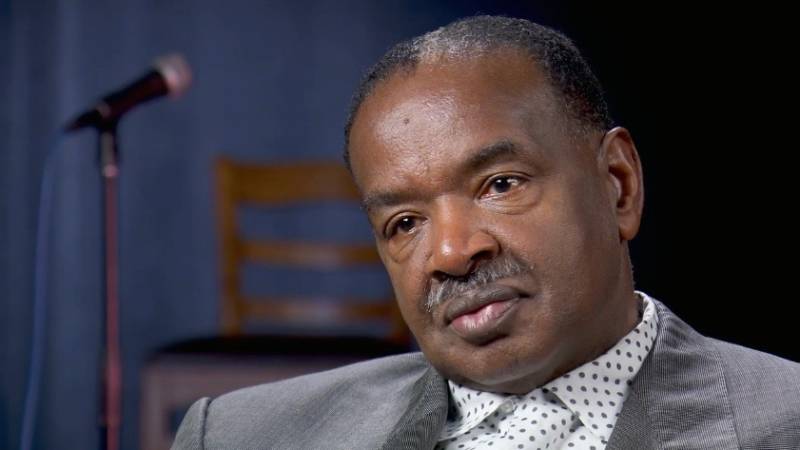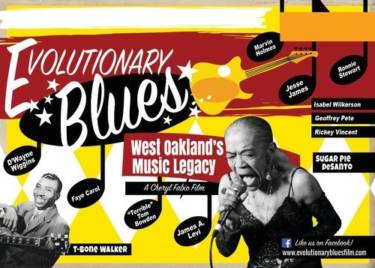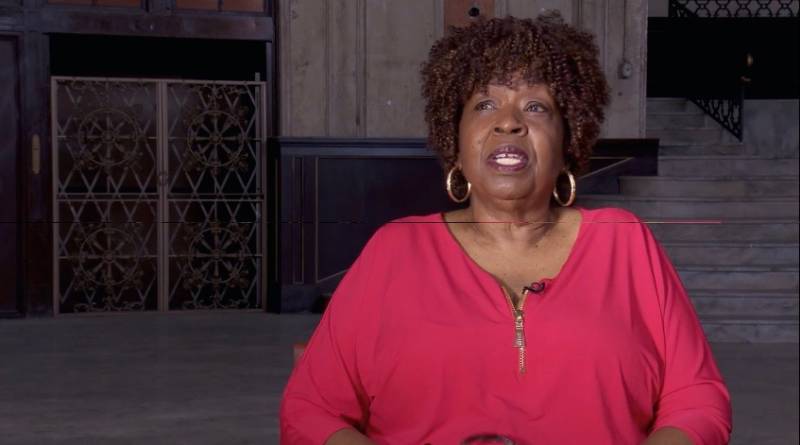For Black History Month, a Bay Area filmmaker is touring San Mateo County libraries to talk about the history of West Oakland blues. Most of us have heard about it, in general terms, but there’s a lot to love in the nitty gritty.
Director Cheryl Fabio covers a lot of ground in her documentary, Evolutionary Blues: West Oakland’s Music Legacy. “I mean, I even discovered music that I had grown up with and didn’t realize it was coming out of Oakland!” Fabio says.
Take The Thrill Is Gone. Originally recorded in Oakland in 1951, it became a huge crossover hit for B.B. King years later in 1969.

Fabio recalls another song, As We Were. She was shocked to discover it was written by Paul Tillman Smith, who is local. “I knew Paul in high school. I had no idea that was his song! That just floored me, because it’s one of my favorite songs.”
The glory days of Oakland blues lasted from the 1920s through the early 60s. So where did that blues scene go? urban quote-unquote redevelopment in the 1960s devastated what was once a vibrant neighborhood home to musicians, clubs and the people who filled those clubs. In more recent years, rising rents have forced even more people out.



